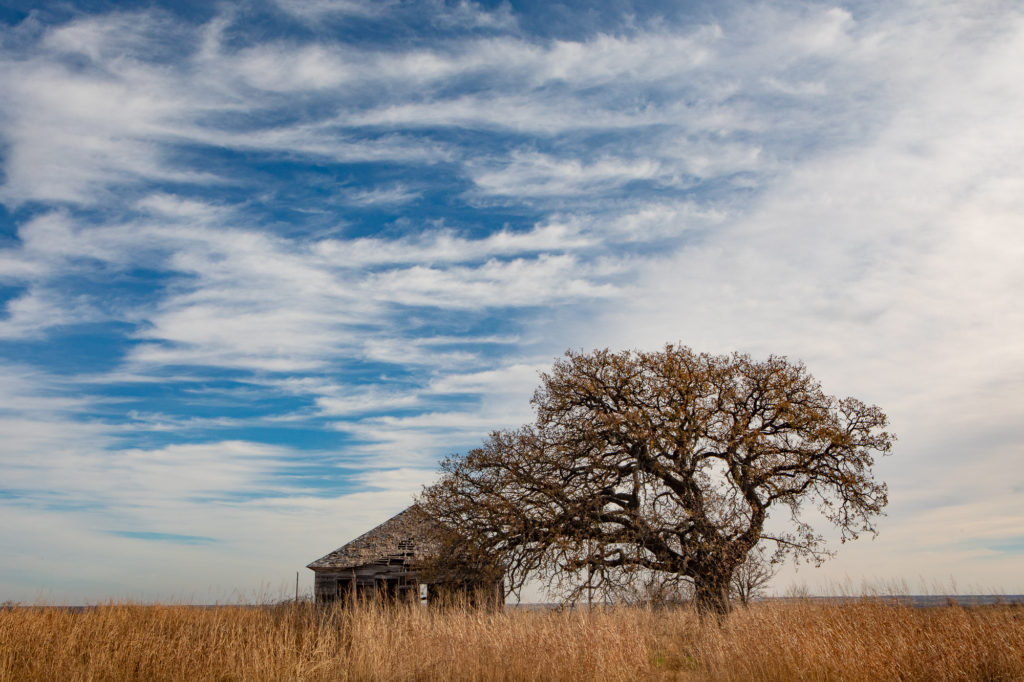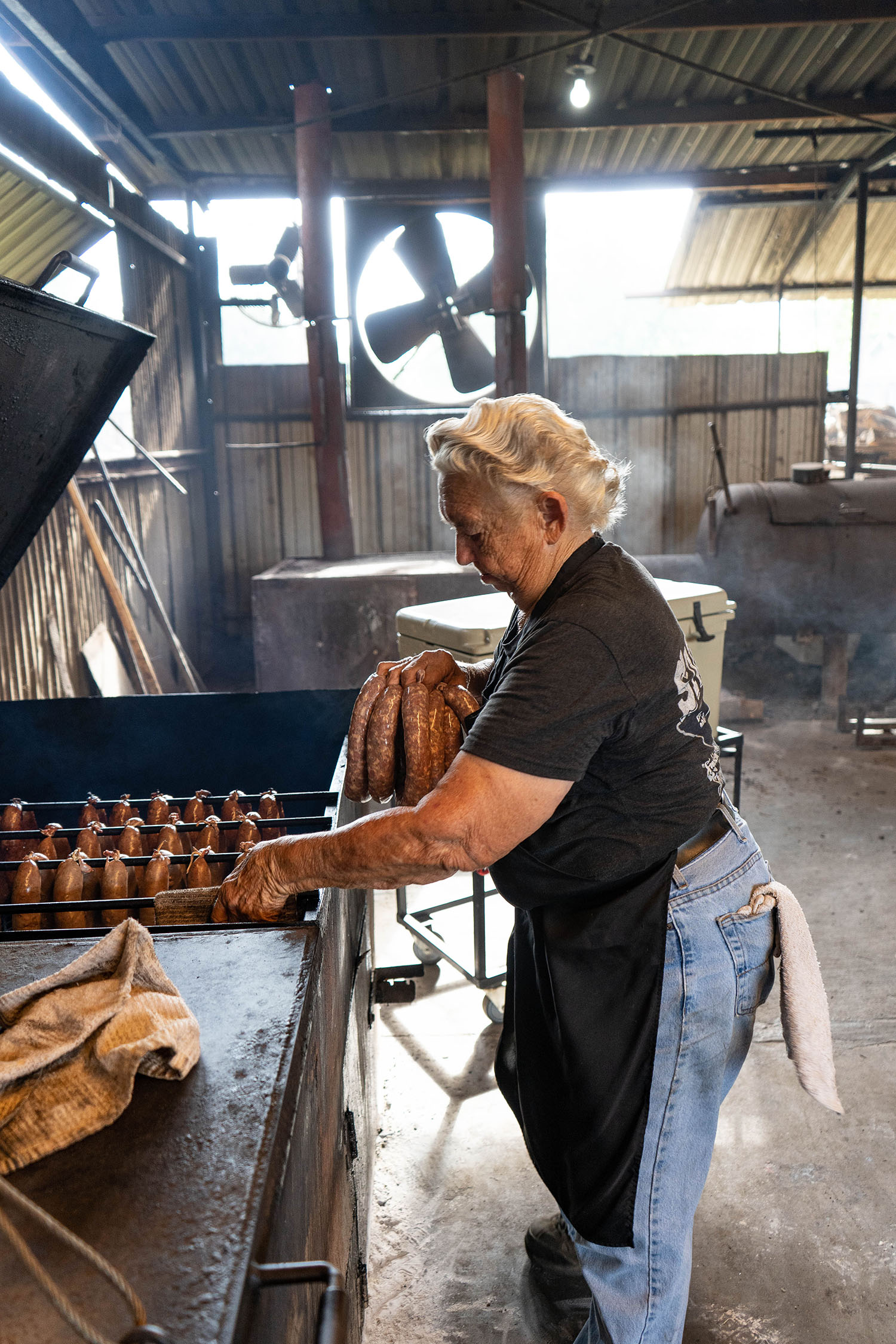Close Your Eyes
“Close your eyes momma,” the little girl said. She held a small chunk of concrete out in front of her. Her mother had just taken a seat on a stone bench in the neighborhood triangle. This space was too small to be ever called a park, a green space in theory, but the neighborhood garden folk had planted such good trees that there was no grass to be found. More often the triangle was a salad of dried leaves and rocks, chunks of concrete fallen from trucks, various stones from the drives of this stately home or that one, carried down the road by a heavy rain. But they are nice spaces. Roughly the size of a two car garage are these several triangles scattered about our meandering neighborhood. But they are a break from the pavement. A little more shade. A place to let a child or dog wander for a moment and stand on a rock and jump down. To climb up and jump down. To climb up and jump down. Again.
The woman turned to her husband who had taken a seat beside her. They were young, handsome, content looking, but one never knows. They looked like characters from a novel. Oddly lovely. With a blonde headed doll of a daughter with curls and bumptious glee. The child was now ordering to her father, “Cover your eyes, Daddy.” He closed his eyes. Insufficient. Clearly. Even to me. A lurking voyeur. He was practically cheating. She needed him to buy in completely and that meant picking up his hands and covering his eyes, peek-a-boo style. Read More




